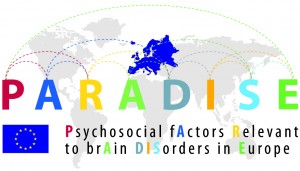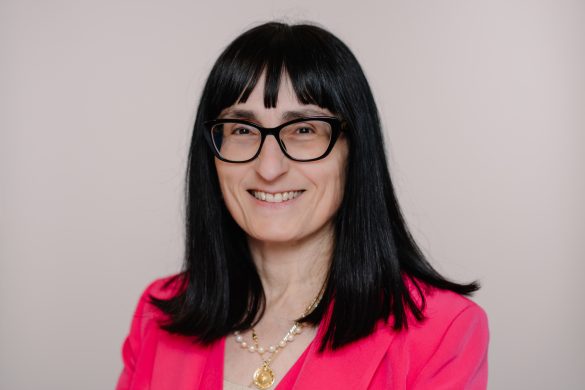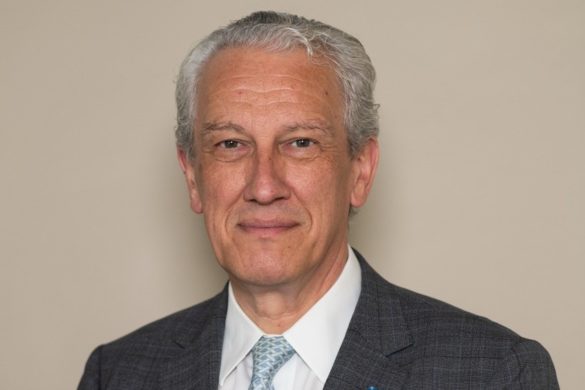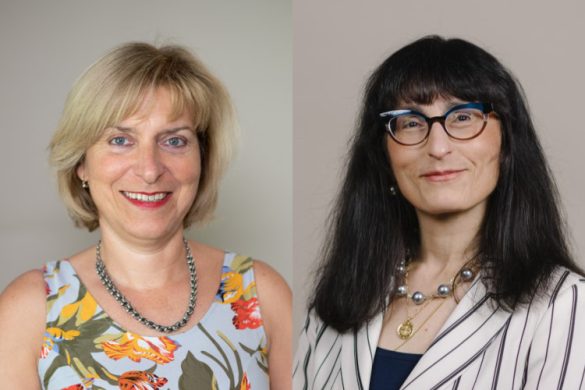This title stands not, regrettably, for the President’s present state of mind or place but for the brilliant acronym of a research project called
Psychosocial fActors Relevant to brAin DISorders in Europe.
It was funded by the European Commission and involved eight countries (Germany, Spain, Italy, Belgium, United Kingdom, Poland, Finland, and Switzerland). The European Brain Council, of which the EFNS is a member, is a partner in this project with the responsibility for dissemination. I was fortunate to attend the final Paradise conference on 20th February in Brussels. The project aimed to develop a novel approach to collecting “comparable data about psychosocial difficulties experienced in common by individuals with brain disorders”: http://paradiseproject.eu/.
Hitherto epidemiological research into psychosocial difficulties has been conducted vertically in “silos” concerned with individual diseases. The results have not allowed comparison between diseases. Such comparisons require what is being called a “horizontal” epidemiological approach. The Paradise project has developed a novel scale to measure a person’s psychosocial difficulties. Rather than creating a conventional ordinal scale according to classical test theory, the project used the increasingly popular Rasch model to develop a linear interval scale with its units in logits. From a literature review and discussions with focus groups the investigators produced a bank of 64 questions which were tested in over 700 patients and then reduced by Rasch analysis to generate a maximally informative set of 24 independent questions. These ask “How much of a problem did you have….” during the past 30 days with three possible answers “None”, “Some” or “A lot”. The questions range from “not feeling rested and refreshed” through “remembering to do important things” to “joining in community activities”. The conditions selected were dementia, depression, epilepsy, migraine, multiple sclerosis, Parkinson’s disease, schizophrenia, stroke and substance dependency.
The project has already generated five important policy recommendations which are worth quoting in full:
- Harmonize data about psychosocial difficulties and their determinants in brain disorders by adopting the approach of horizontal epidemiology
- Go beyond medical interventions that primarily target biological and physiological processes of brain disorders to health and social interventions that target psychosocial difficulties as outcomes of the interaction of the brain disorders and environmental and psychological determinants.
- Measure the psychosocial difficulties associated with brain disorders for intervention evaluation.
- Engage in prospective data collection efforts to collect longitudinal information on psychosocial difficulties associated with brain disorders to capture the complexity and dynamic interactions between these difficulties and environmental and psychological factors over time.
- Enrich European strategies in mental health and brain disorders by strengthening the focus on psychosocial difficulties and their determinants that prevent people with brain disorders from living a life of full participation.
Like all good research, the project raises many questions. Within neurology can it be extended to other diseases, for instance neuromuscular diseases? Outside neurology how can we compare the psychosocial difficulties of neurological diseases with, say, those of cardiac diseases? What is the correlation between the Paradise scale and Disability or Quality of Life Scale? Let us hope that we will hear more of Paradise and that it will help us to understand our patients’ problems better and our patients to cope better with their diseases.













